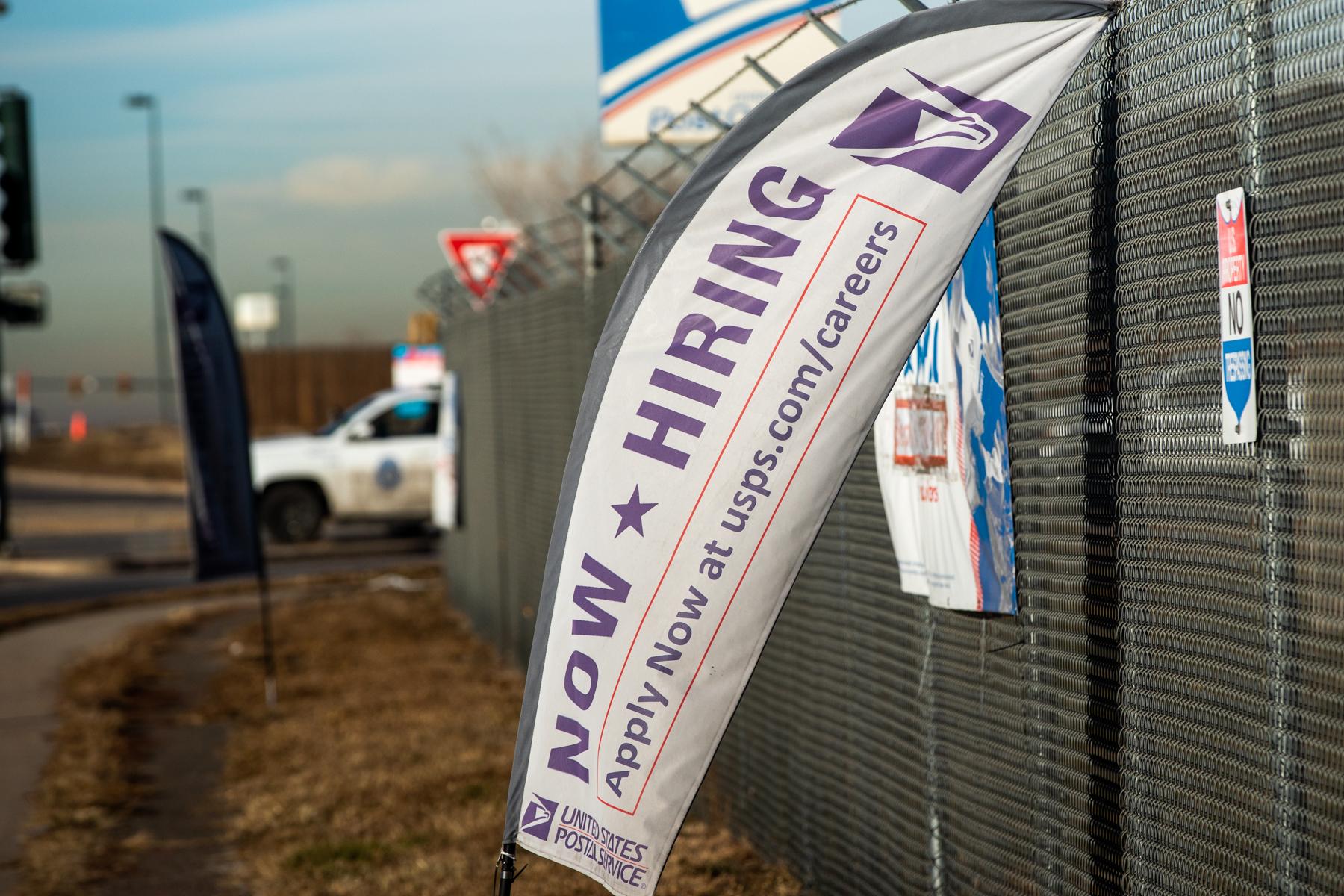
Job seekers in Colorado could soon get more protections from age discrimination under a new proposal from Democratic state legislators.
The new bill, SB23-058, would amend state labor laws to make it illegal for employers to ask applicants about their age during the hiring process. The law would also prohibit employers from requiring high school or college graduation dates on a job application.
It’s already illegal under federal law to dismiss a qualified job applicant simply due to their age. But the proposed state law would go a step further by banning the question altogether, said Democratic Sen. Jessie Danielson, one of the bill’s co-sponsors.
“There’s an inherent bias around hiring older workers,” Danielson said. “We’d like to take away that barrier and allow applicants to be judged on their merit alone.”
The proposal includes a few exceptions for jobs where applicants have to be a certain age to do the work, such as pilots, truck drivers and lifeguards, among others. Employers that break the rule could see fines from the state’s Department of Labor, which would create a penalty structure if the law passed.
The proposal would benefit Colorado's workforce (and that of the nation) as it grows older
Proponents say the changes would help cut back on age bias that hampers the careers and financial lives of a growing segment of Colorado’s workforce. Roughly one in four workers in the state are expected to be over the age of 54 by 2040, according to the Common Sense Institute, a Colorado-based economic research group.
Age discrimination can take place in many forms in the workplace. Assumptions that older applicants don’t understand technology or won’t learn new tasks as quickly are key indicators, according to AARP, which supports the new Colorado legislation.
“We hear from members all the time about how they think they have been discriminated against in job opportunities,” said Angela Cortez, spokeswoman for AARP Colorado, which has about 670,000 members.
Roughly 44 percent of job applicants in the United States reported being asked about their age during the interview process, according to a 2017 AARP survey. Oftentimes, interviewees have no way of knowing whether their age was a reason for not getting a job, Cortez said.
“I think that eliminating the question altogether will go a long way to changing the attitudes out there about older workers,” she said.
The proposal could see some pushback from the business community, which would bear the brunt of the changes.
Smaller businesses may have a harder time updating their paper or online job application forms to meet the new standards, said Tony Gagliardi, Colorado state director for the National Federation of Independent Business, which advocates for small business owners. The organization has already requested an extension to the rule’s implementation.
“We’d need a little extra time than bigger companies with in-house legal teams,” Gagliardi said.
Many smaller businesses already avoid asking applicants for their age, he added.
“Many places in Colorado are just happy to have applicants for some jobs,” he said. “We still have a dire shortage of workers in some communities.”
Colorado lawmakers have taken aim at potentially discriminatory interview questions in the past. In 2016, lawmakers passed a rule that made it illegal for private-sector employers to ask about a person’s criminal background prior to an interview.
The law also bars employers from stating in an advertisement that a person with a criminal history can’t apply for a specific job.
The proposed law barring questions about age still has a long way to go before becoming law. A first committee hearing has yet to be set.
“This is a concrete step to help the well-being of older workers,” Danielson said. “And I’m open to suggestions for changes from business owners and make this the best policy possible.”









